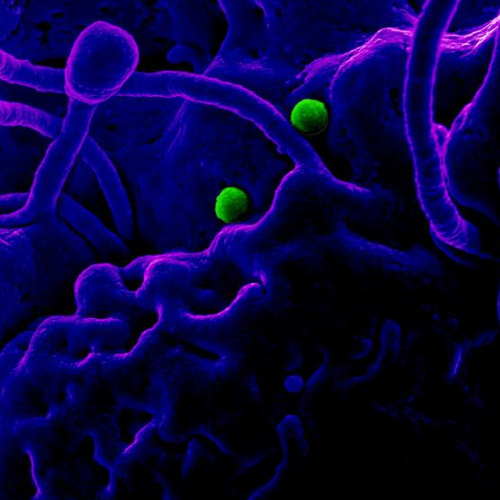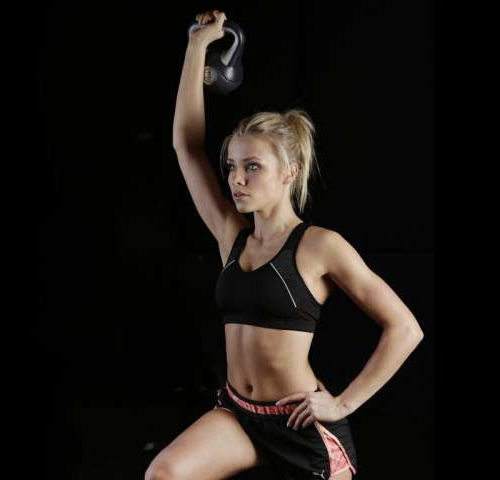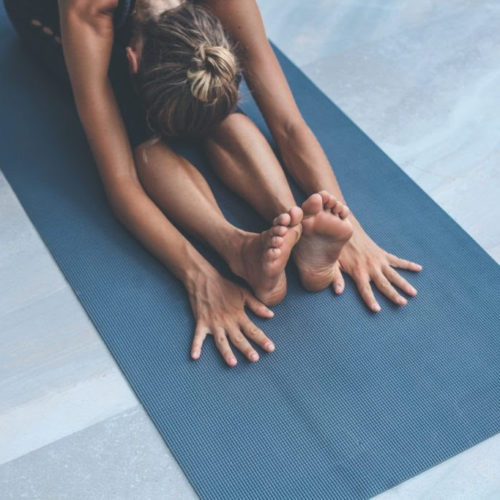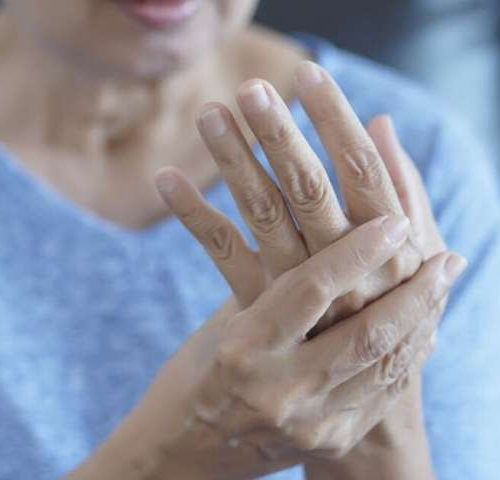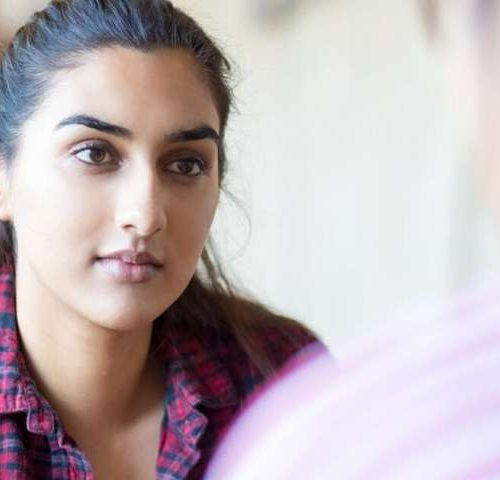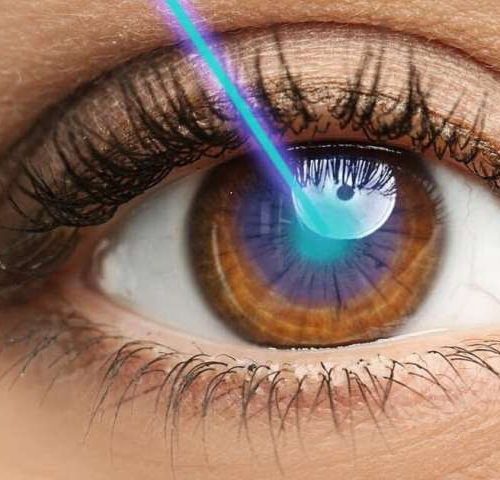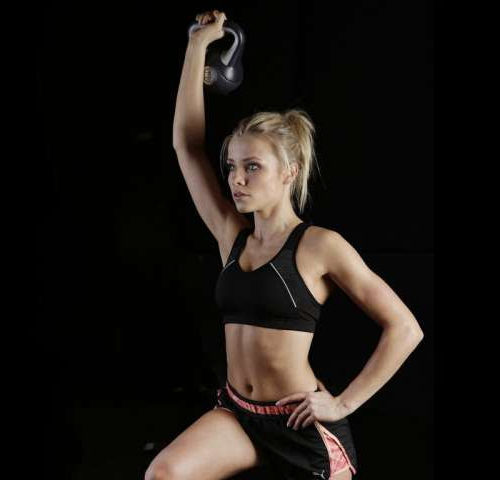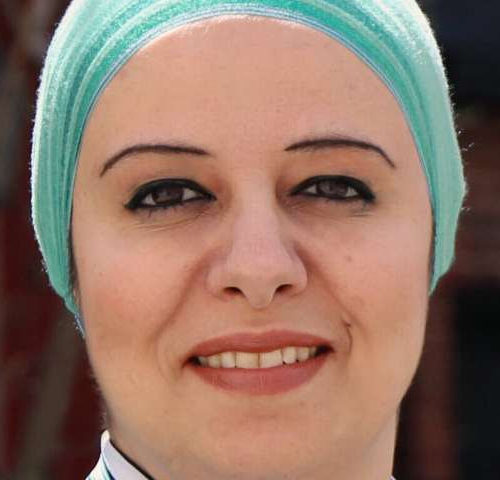10 February 2020, 10:28 pm EST By Urian B. Tech Times Could China Bioengineering be the Coronavirus Origin? Well, there are quite a few posts online sharing this theory without sufficient scientific data to back this up. There are even posts that state that the Coronavirus contains HIV “insertions,” which shows that it could possibly...
Do less and get stronger: Science proves you can lift less with better results
by University of Lincoln Weightlifters could do less and get stronger by changing the amount they lift each session, according to new research. Sports scientists from the University of Lincoln, UK, compared the average weights lifted by two groups over six weeks: one using a traditional training method of a “one rep max”—the maximum weight...
Back pain: How effective are yoga, tai chi, and qigong?
Low back pain affects a substantial proportion of adults. Currently, the treatment options are limited and often fall short. A new review asks if yoga, tai chi, and qigong might prove effective in reducing pain. Low back pain is common but difficult to treat. Could yoga offer respite? The latest review concludes that these practices...
What are the symptoms of dyslexia by age?
Dyslexia is a condition that interferes with a person’s ability to develop and use language skills. People tend to associate dyslexia with reading problems, but people with this condition can also have a hard time with some math problems, as well as with writing and pronouncing words. Dyslexia does not have anything to do with...
What’s behind the new advice to stop taking glucosamine for arthritis?
by Nial Wheate and Joanna Harnett, The Conversation The Australian Rheumatology Association this week warned people not to take the supplement glucosamine for their osteoarthritis due to possible allergic side-effects. What’s the evidence behind this latest advice? And do you really need to stop taking it? How did we get here? For years, glucosamine has...
9 ways to talk to people who spread coronavirus myths
by Claire Hooker, The Conversation The spread of misinformation about the novel coronavirus, now known as COVID-19, seems greater than the spread of the infection itself. The World Health Organisation (WHO), government health departments and others are trying to alert people to these myths. But what’s the best way to tackle these if they come...
When laser surgery turns into a nightmare, the toll can be enormous
It will soon be a year since Jessica Starr, a popular weather person on Detroit TV, took her own life. Her husband said she did so because of complications related to her recent laser refractive surgery. Such complications are not as rare as people think. The New York Times warned in 2018 of the potential...
Do less and get stronger: Science proves you can lift less with better results
by University of Lincoln Weightlifters could do less and get stronger by changing the amount they lift each session, according to new research. Sports scientists from the University of Lincoln, UK, compared the average weights lifted by two groups over six weeks: one using a traditional training method of a “one rep max”—the maximum weight...
Heart disease risk grows as women move through menopause
by University of Pittsburgh A marker for heart disease risk considerably worsens as women transition through menopause, according to a new analysis from the largest and longest running study of women’s health in midlife, the Study of Women’s Health Across the Nation (SWAN). Black women experience this accelerated decline earlier in menopause than their white...
Thailand sees apparent success treating virus with drug cocktail
A Chinese woman infected with the new coronavirus showed a dramatic improvement after she was treated with a cocktail of anti-virals used to treat flu and HIV, Thailand’s health ministry said Sunday. The 71-year-old patient tested negative for the virus 48 hours after Thai doctors administered the combination, doctor Kriengsak Attipornwanich said during the ministry’s...

